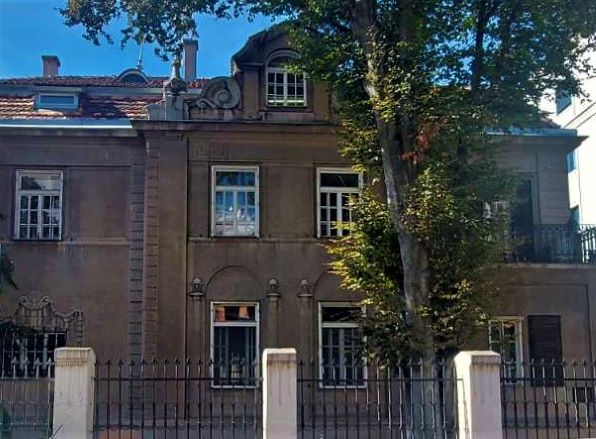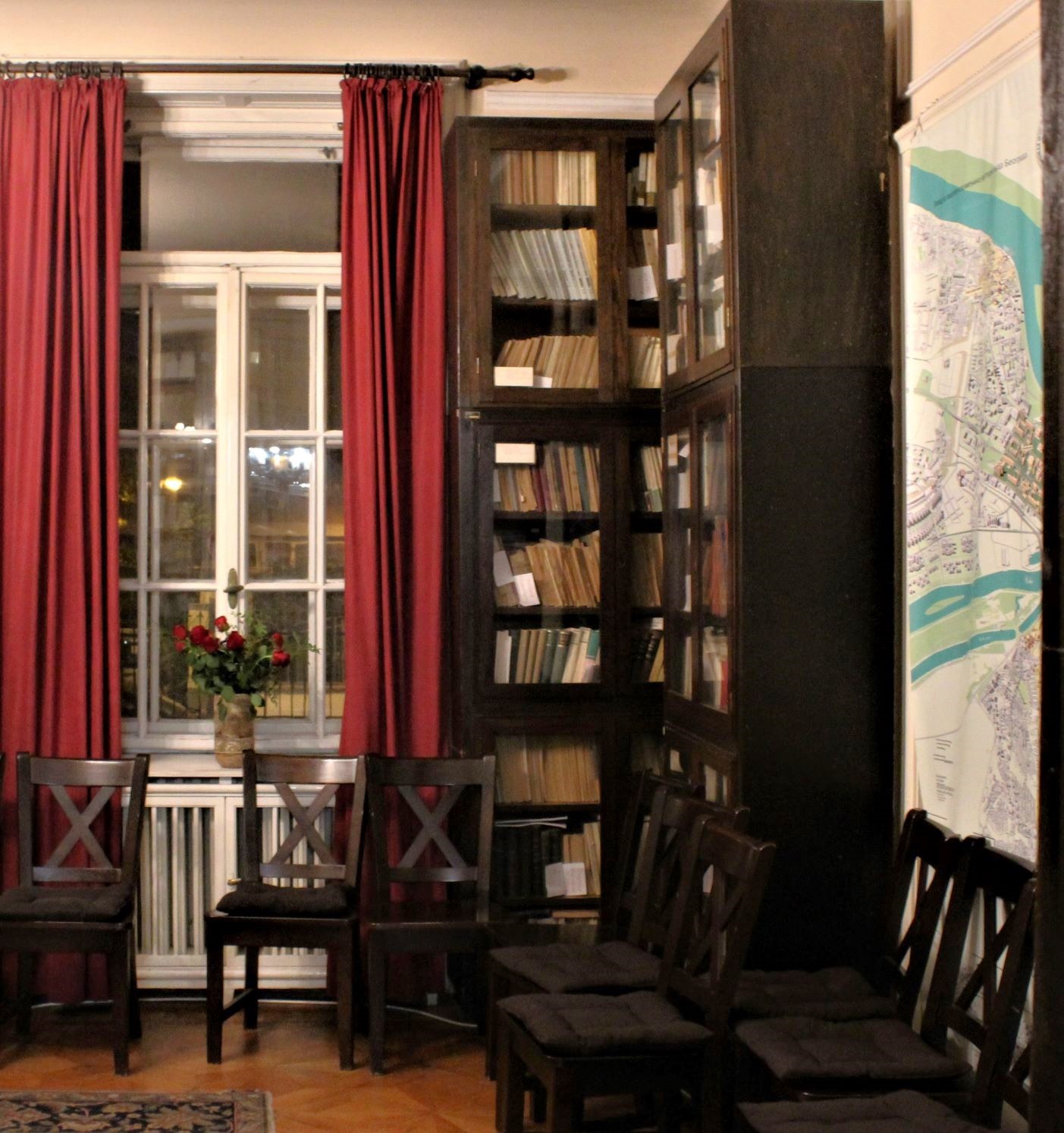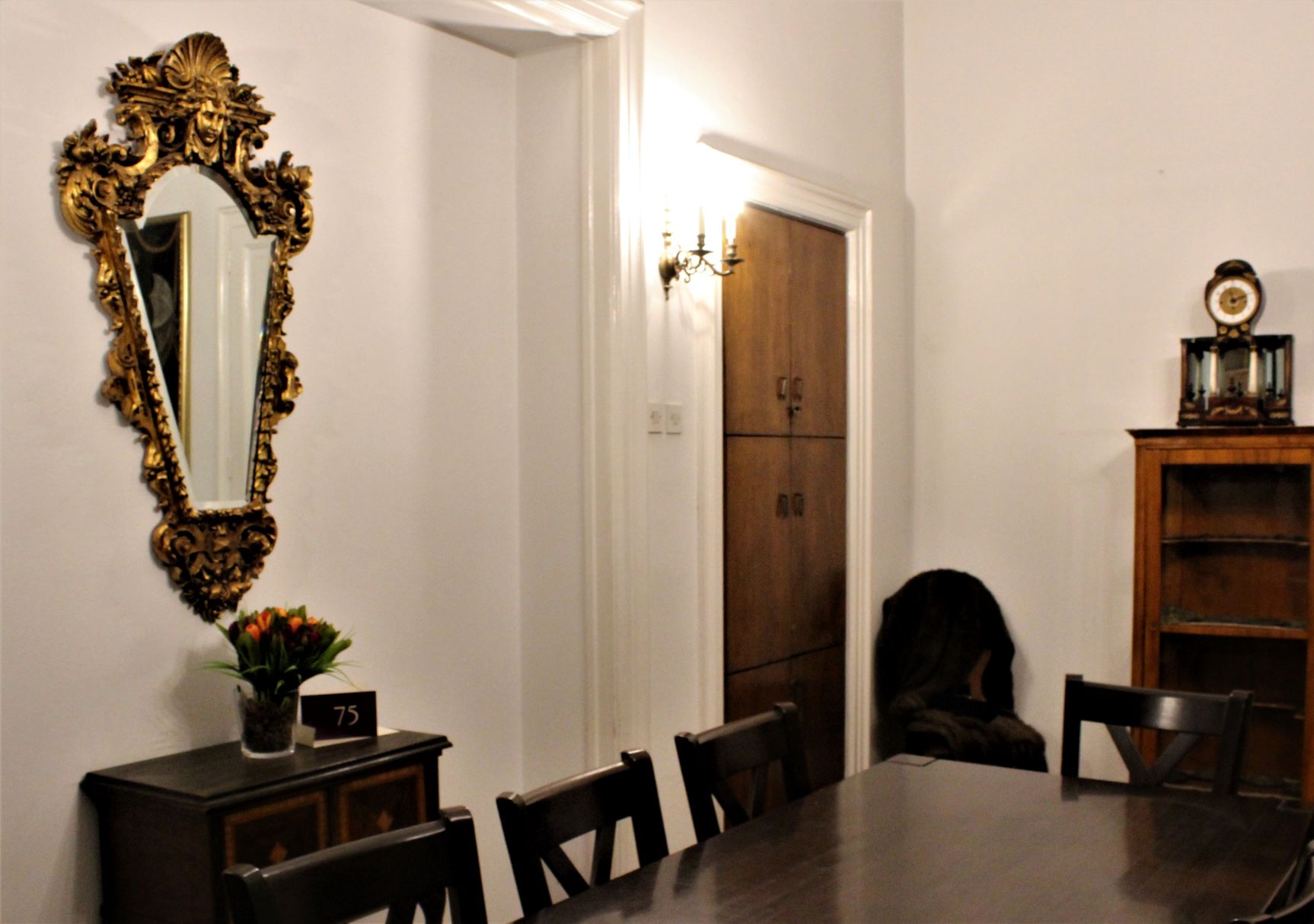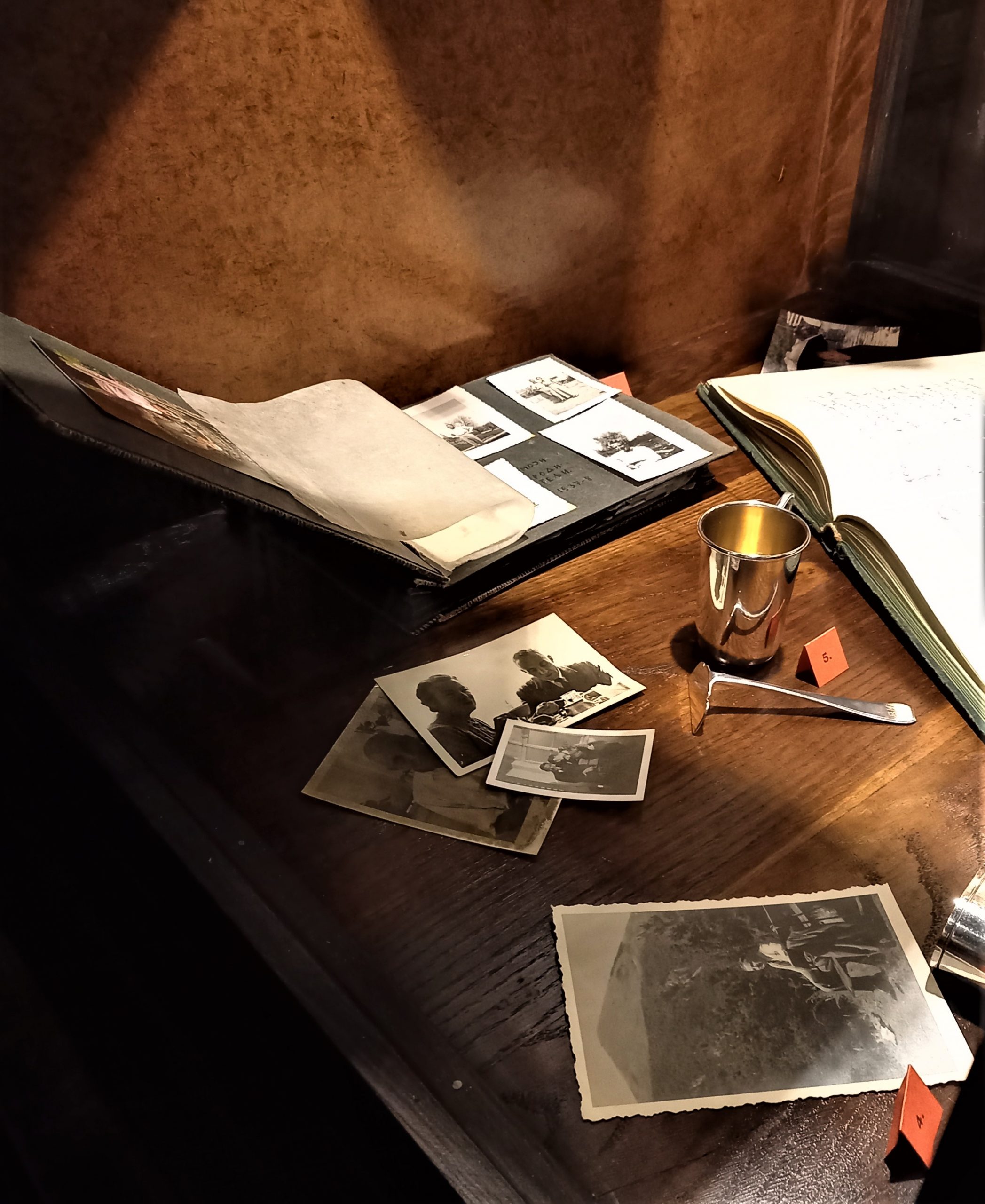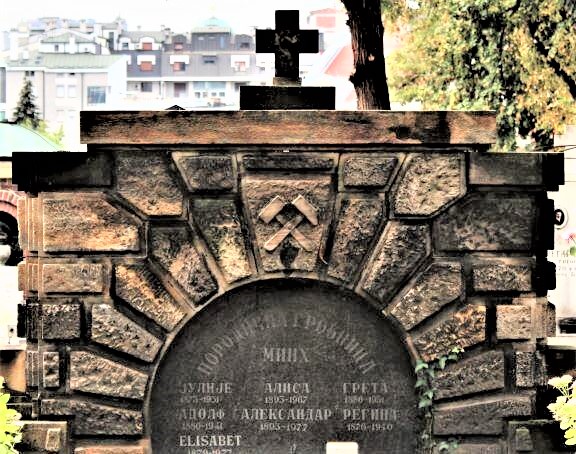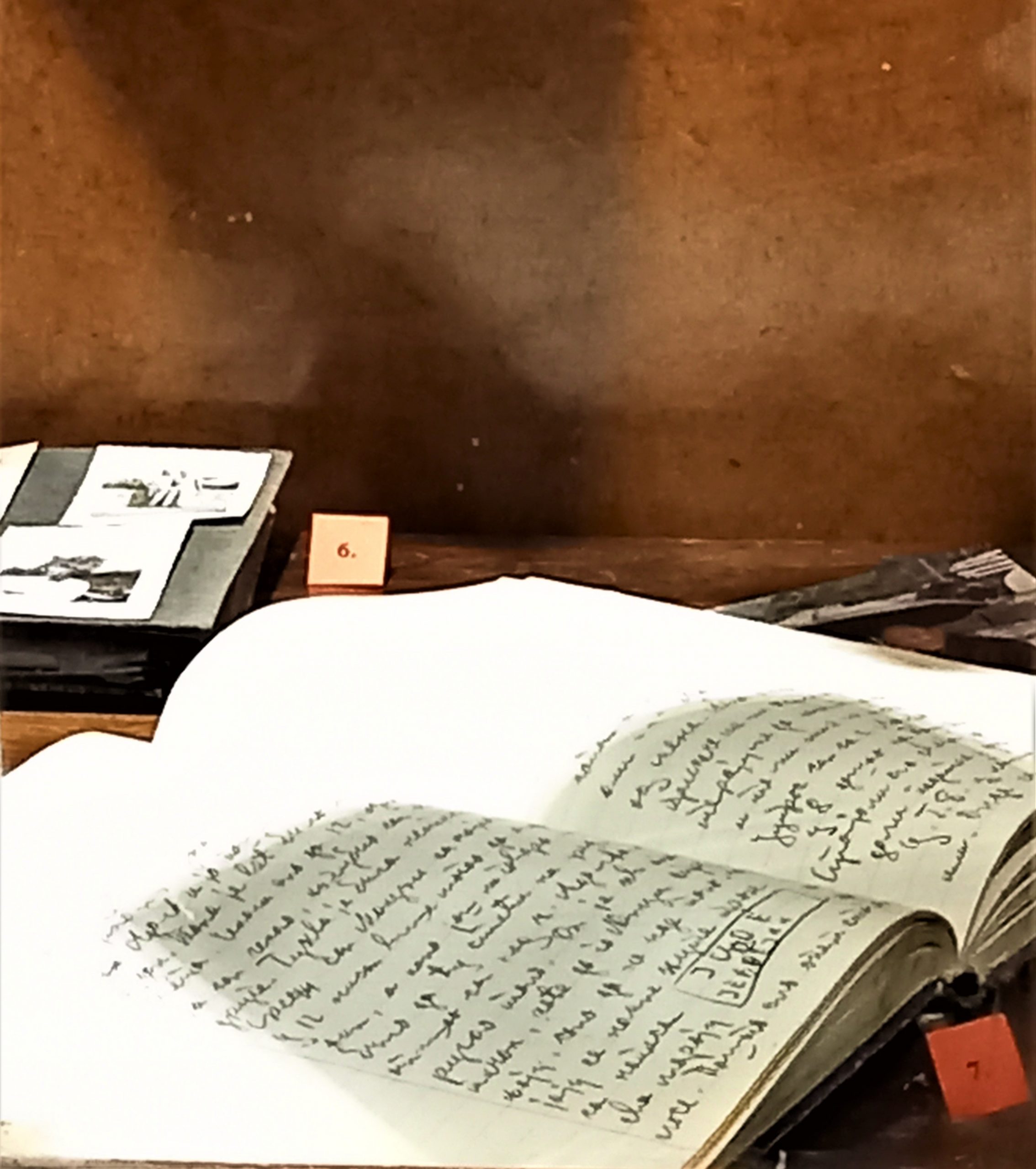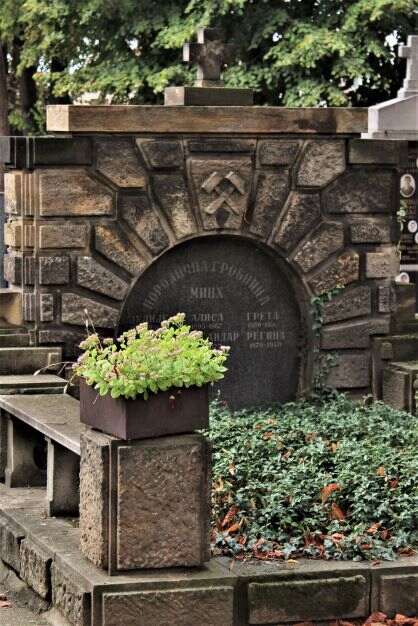The Minh family left a big mark in the history of Serbia, by building industrial infrastructure in the area of Mount Rtanj and private villas in Belgrade, which today are part of the valuable cultural heritage of the city. The villa located today at 11 Radoslava Grujića Street is the location of the Republic Institute for the Protection of Cultural Monuments.
The patriarch of the family, Samuel Minh, moved to Serbia in 1870. He had three sons and three daughters. The eldest son Julia (1873 -1931), the middle son Adolf (1880-1941), and the youngest son Alexander (1893 - 1977). Their children however left Serbia, so there are no heir left. Samuil's daughters Ida, Greta and Augusta were married, and left avbroad, hence have no descendants in Serbia.
Samuel Minh made a great contribution to the development of industry when he first came to Serbia in the town of Paraćin. Minhs are a Jewish family from Moravia, which saw great economic potential in the then newly established state. Upon their arrival in 1870, they opened the first modern textile factory in the Balkans. Samuel's eldest son, Julius Minh, supported investment in hard coal mines in eastern Serbia, so they soon opened a mine on Mount Rtanj, where they built a mountain railway, a cable car, a steam power plant, as well as numerous workshops.
After the WWI and time spent in exile, Julius took over the management of the mine, with the support of his wife Greta Konrad. The mine quickly attracted experts from Europe, and the population of this area increased rapidly. A hospital, a cultural centre and a cinema were built, and the miners were given acceptable living conditions. Greta and Julius had no children, therefore taking care of children became a priority in their lives. They opened a school that had 60 students in 1929, and schools in two neighbouring villages - where most of their workers lived. The best students received scholarships to continue their education in Serbia and Vienna.
During the economic crisis of 1929, the situation became difficult for the workers, so the owners tried to help their employees. However, due to various economic and social difficulties in which Julius found himself, he committed suicide in 1931. The mine continued to be run by Julius' wife Greta with his brothers.
When Nazi Germany occupied Yugoslavia in 1941, the mine was taken over by the occupying authorities, and Julius' wife Greta, due to her Jewish origin, hid with part of her family in the village of Ilino near Boljevac and survived the war there. Greta died in 1947 in Ilin.
The mine was nationalised after the Second World War, and the family houses were confiscated (villas in the streets: Radoslav Grujića 11, Silvija Kranjčevića 9, and Lackovićeva 6 in Dedinje, Belgrade).
In Belgrade, at the New Cemetery among meritorious citizens, on plot 2, there is a family tomb of the Minh family.
Minh family tomb
Due to family members of German origin, whom the communist government labelled as collaborators of the Nazis, the state confiscated their property, which is currently in the process of restitution.
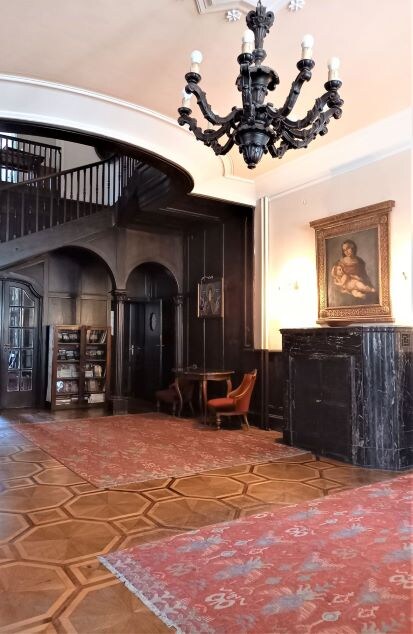
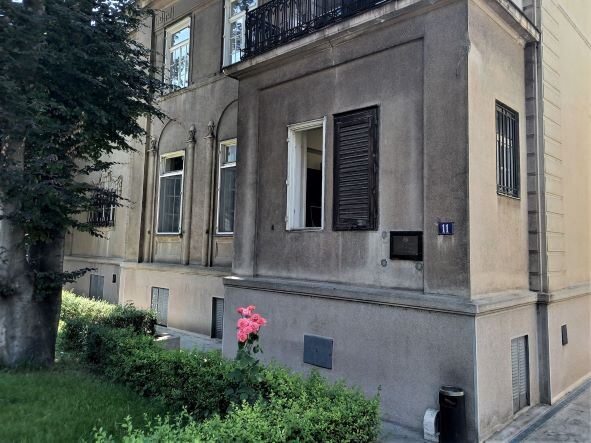
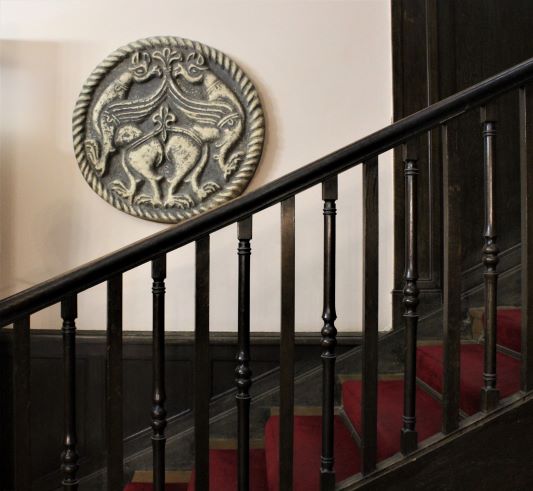
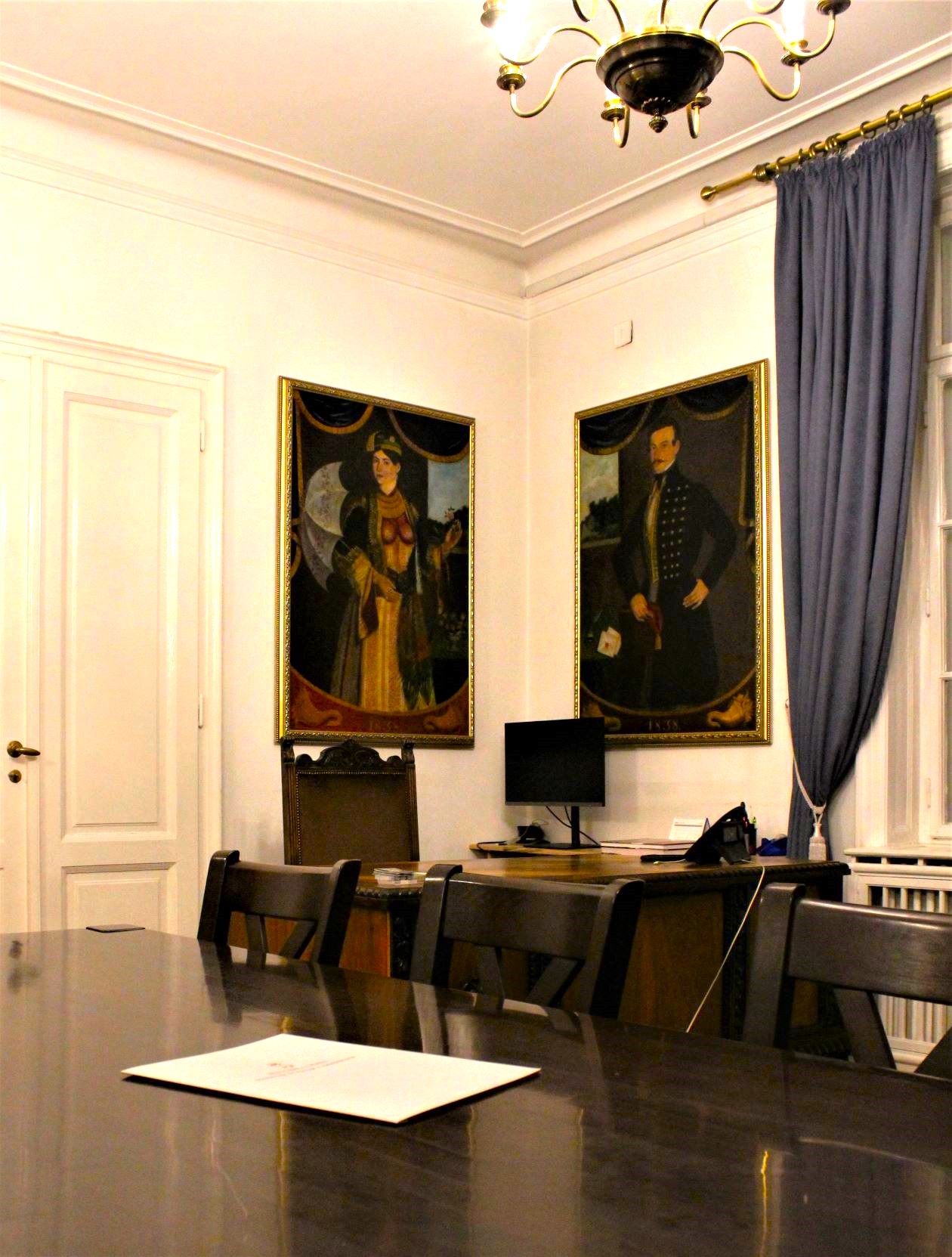
The testimony
The son of Alexander Minh, Pavle wrote down about his memories in the book "Four years under the shadow of death" (Jewish Historical Museum, Union of Jewish Municipalities of Serbia). Pavle described the events of April 16, when the persecution of Jews in Belgrade began during the occupation. "Once, the Germans forced us to move bricks from one pile to another, while they howled and released dogs at us, and people gathered and watched in silence. That night I slept at Bubiša's place, because the curfew had already started." He was soon arrested by the Gestapo and ended up with his father in the Topovska Šupa concentration camp. "We slept in barns, on a thin layer of straw on the ground. The inmates were subjected to mass psychosis of fear and despair. There were also several cases of suicide. Every few days, transports of 100-200 people went in an unknown direction. From October 30 they no longer went to work. Then about a thousand Romanies were brought, who were gradually taken out of the camp in the following days. Many of them came with musical instruments, the day after their arrival, they organised an orchestra, and played their farewell concert in the yard of the barracks - the overture of Barber of Seville opera by Rossini. After the concert, the Germans broke their instruments and burned them on a big bonfire, trucks took a large group in an unknown direction," he testifies.
Pavel Minh's diary, exhibition about the Minh family, RZZSK, 2022.
Pavle did not know who helped him, but in November 1941 he managed to board a train with his family and reach the island of Sušak in Croatia with an Italian visa. From there they moved to Kraljevica, a small town on the coast near Rijeka, which was under Italian military occupation. When the persecution of Jews by the fascist Italian authorities began, Pavle joined the partisans in 1943. After the liberation, Pavle and his family moved to Belgrade, and then he moved to Israel in 1948, where he worked as a shipbuilding engineer.
Minh family tomb
